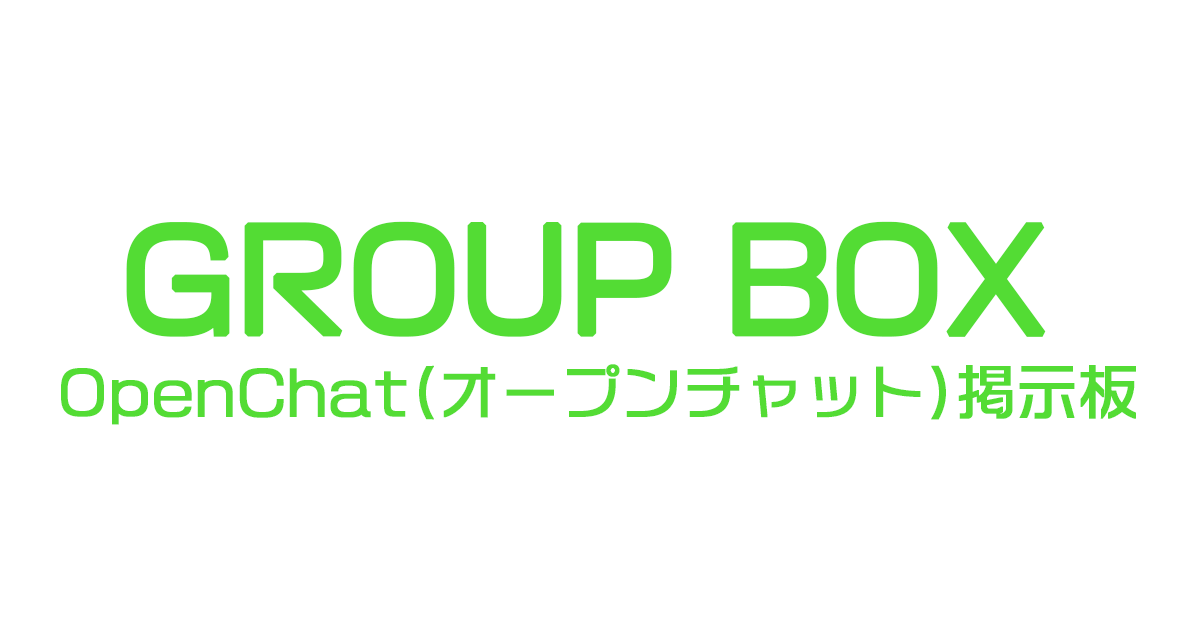-
-
ellengainfordUseful Facts I Bet You Never Knew About Practical Curriculum ServicesWithin the bustling city of Tachikawa, Japan, where academic excellence is deeply ingrained in the cultural fabric, the prominence of cram schools, or “juku,” plays a pivotal role in shaping the educational journey of students. Tachikawa, situated within the western part of Tokyo, is home to a a lot of cram schools which have be an integral involved in the academic landscape. This article aims to delve into the unique facets of Tachikawa’s cram school culture, shedding light on their own significance and influence on students’ educational experiences.
Tachikawa, with its vibrant community and commitment to education, hosts a diverse array of cram schools catering to students of every age group and academic levels. These supplementary education institutions have gained prominence as a result of the competitive nature of the Japanese education system, where entrance exams for prestigious schools and universities are critical milestones.
One notable feature of Tachikawa’s cram schools is their specialization in exam preparation. These schools offer rigorous programs designed to equip students with the knowledge, skills, and strategies needed to excel in entrance exams. Whether it’s preparing for secondary school entrance exams, university entrance exams, or standardized tests like the SAT or ACT, Tachikawa’s cram schools are tailored to meet the specific needs of students aiming for academic success.
The normal Tachikawa cram school experience involves students attending supplementary classes after their regular school hours. These sessions often extend into the evening, creating a demanding schedule for students. Cram schools place an effective emphasis on rote learning, intensive drills, and focused exam-oriented instruction to be certain that students are well-prepared for the challenges of standardized tests.
The classrooms in Tachikawa cram schools are seen as a disciplined and focused atmosphere. Students engage in concentrated study sessions, working through practice exams, and receiving individualized attention from instructors. The goal is to not simply impart knowledge but in addition to cultivate effective study habits and test-taking strategies.
What sets Tachikawa’s cram school culture apart is its integration in to the community’s values and expectations. Parents often view enrolling their kids in cram schools as an investment within their academic future, and there’s a prevailing belief that success in entrance exams opens doors to prestigious academic institutions and, subsequently, lucrative career paths.
The competition for spots in top-tier schools is fierce, leading to a high demand for cram school services. Tachikawa’s cram schools have adapted to this demand by offering specialized courses, mock exams, and personalized guidance to cater to the unique needs of each student. The dedication of both students and educators to achieving academic excellence contributes to the overall success of Tachikawa’s cram school culture.
While Tachikawa’s cram schools are recognized for their effectiveness in exam preparation, they can be not without criticisms. One concern is the prospect of excessive stress and burnout among students due to the demanding schedules and intense study skills sessions. Critics argue that the emphasis on rote learning may result in a narrow understanding of subjects and hinder the creation of critical thinking skills.
Additionally, you’ll find concerns about the societal pressure placed on students to have success academically, which could lead to mental health concerns as well as a lack of focus on holistic development. Some argue that the rigid structure of cram school programs might not appeal to the diverse learning styles and interests of individual students.
In response to the evolving landscape of education as well as the recognition of the necessity for more holistic approaches, some Tachikawa cram schools are adapting their methodologies. Progressive institutions are incorporating interactive learning, project-based activities, and individualized coaching to deal with the diverse needs of students.
Furthermore, advancements in technology have influenced the educational landscape in Tachikawa, with some cram schools integrating online platforms, digital resources, and interactive tools to enhance the learning experience. This digital shift allows for greater flexibility and personalized learning, catering to the changing expectations of students and parents.
Tachikawa’s cram schools play a vital role in shaping the academic trajectory of students in the dynamic Japanese city. While they are deeply rooted in tradition and also have been successful in preparing students for challenging entrance exams, there’s a growing awareness of the necessity for a more balanced and holistic approach to education.
As Tachikawa continues to evolve, its cram schools are likely to adapt to meet the changing needs of students and parents. The delicate balance between academic rigor and the well-being of students remains a key challenge, and the ongoing dialogue about the role of cram schools in shaping the educational landscape will undoubtedly shape the future of education in Tachikawa and beyond.
2024-02-11 5:01 AM #32150 -
Useful Facts I Bet You Never Knew About Practical Curriculum Services

